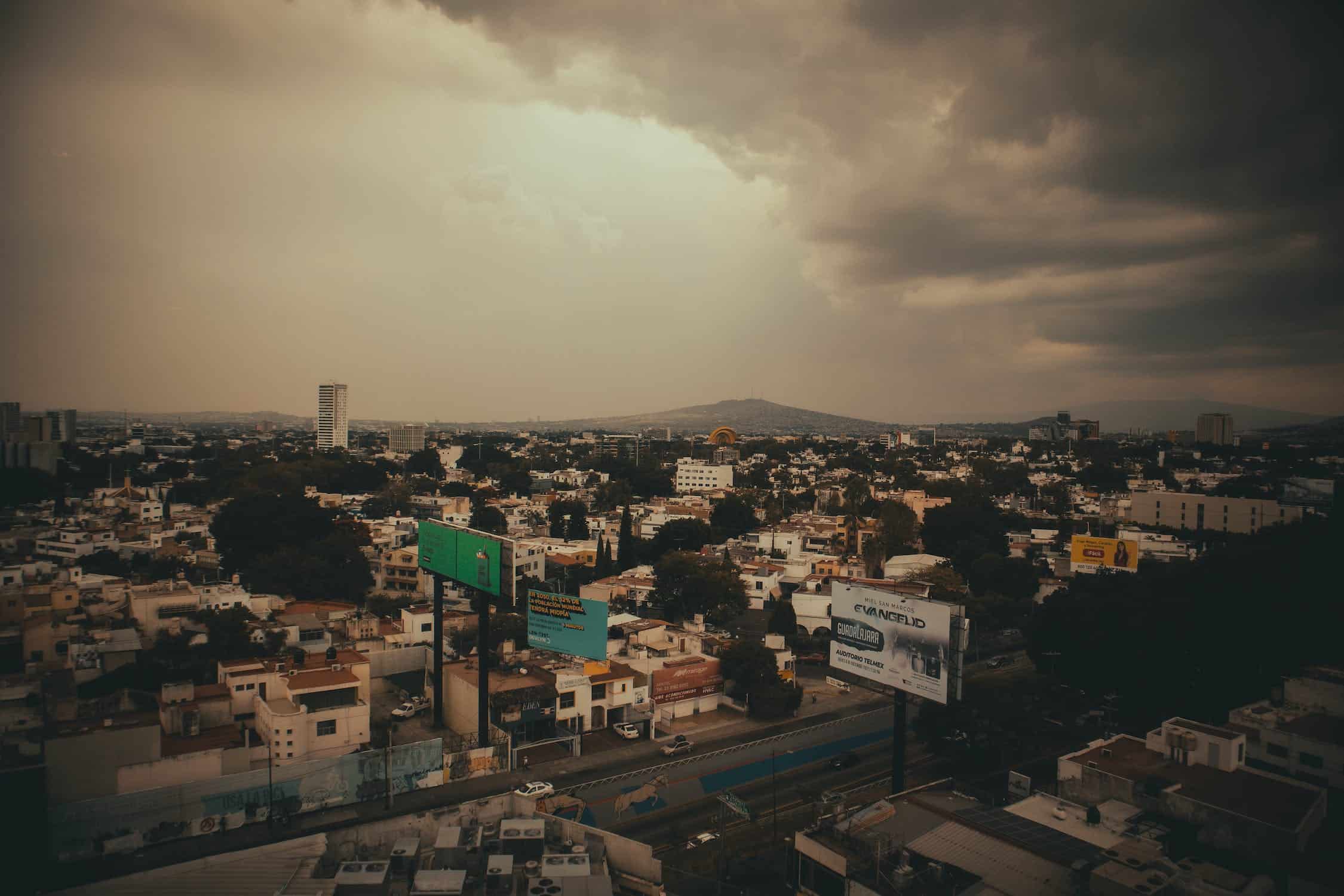We need to remind people that any time you breathe, you are breathing something toxic into your body.”
European politicians have “a clear and absolute moral responsibility” to tackle chronic levels of air pollution on the continent as toxic air is taking a toll on people’s health. This is according to Maria Neira, director of the World Health Organization’s Department of Environment, Climate Change and Health.
“As a medical doctor, I cannot resist the temptation to remind people that this is about strokes, this is about heart disease, this is about asthma, this is about lung cancer, diabetes, low birth weight, preterm births, cognitive decline,” Neira said.
“We need to remind people that any time you breathe, you are breathing something toxic into your body which is having a devastating impact,” she stressed.
Her call came after it was revealed that practically all Europeans, or 98%, live in areas where the WHO’s guidelines for PM2.5 pollution are regularly exceeded.
This is very concerning as toxic air causes around 400,000 deaths a year while exposure to it also triggers or worsens a myriad of health conditions from asthma to Alzheimer’s disease.
Exposure to even low levels of airborne pollutants can cause millions of deaths annually worldwide. Even unborn children can be harmed by it.
The worst-off on the continent are people North Macedonia where nearly two-thirds of citizens live in areas with more than four times the WHO guidelines for PM2.5. Four areas around the country, including in the capital Skopje, have air pollution almost six times the recommended level.
In general, air pollution is distributed unevenly with the air in Eastern Europe being “significantly worse than western Europe, apart from Italy, where more than a third of those living in the Po valley and surrounding areas in the north of the country breath air that is four times the WHO figure for the most dangerous airborne particulates,” The Guardian observes.
“This is a severe public health crisis,” the newspaper quoted Roel Vermeulen, a professor of environmental epidemiology at Utrecht University in the Netherlands, as saying. “What we see quite clearly is that nearly everyone in Europe is breathing unhealthy air.”
Neira has dismissed suggestions that the WHO’s guidelines are too strident.
“People say our guidelines are very strict and very ambitious. But I don’t see ambition in proposing something that will make so many people less sick,” she noted. “Having the knowledge we have [on the health impacts of air pollution] I think there is a clear and absolute moral responsibility.”
This story first appeared on Sustainability Times
© 2023 Sustainability Times.
This article is licensed under a Creative Commons Attribution-ShareAlike 4.0 SA International License.












